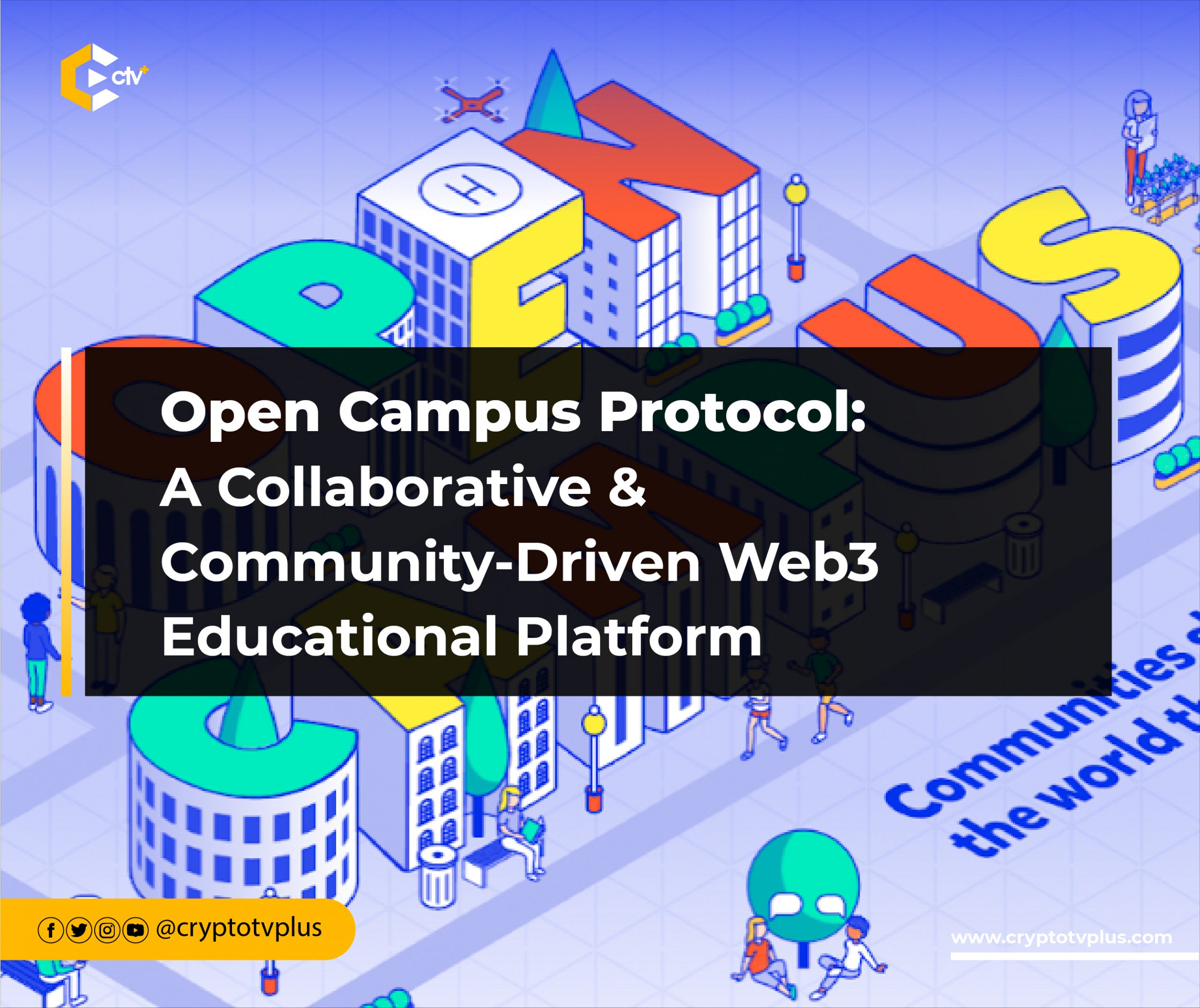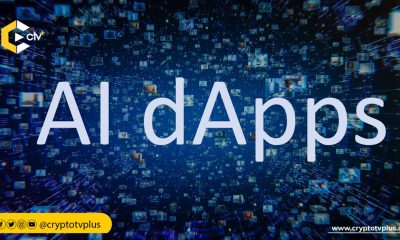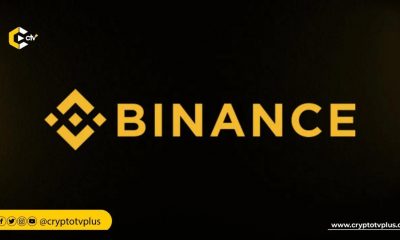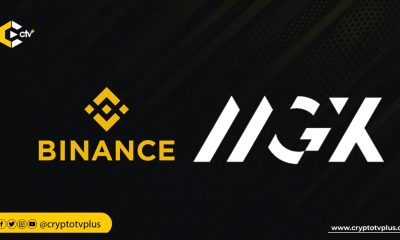Education
Open Campus Protocol: A Collaborative & Community-Driven Web3 Educational Platform

Education is an important part of society since it shapes the minds of future generations. Educators, on the other hand, often feel neglected and underpaid, while parents may lack influence over their children’s education. The Open Campus Protocol has emerged as a decentralized solution, designed to address the challenges facing education today.
The Open Campus Protocol is a collaborative and community-driven project leveraging blockchain technology to create an education system. The protocol aims to empower access to diverse resources while providing educators with new opportunities to earn revenue.
Open Campus Protocol: What to know
Utilizing the blockchain, Open Campus Protocol is building an ecosystem that would reward quality and innovative educational content by enabling direct community support.
This approach seeks to empower individuals and deliver a more diverse, accessible, and dynamic learning experience.
Educational content will be tokenized as NFTs for Digital rights and participation. Users in the Teachers category can sell co-publishing rights to their educational content and in turn, get access to new funding sources. Additionally, they will have a broad community that can participate in decentralized education through their offerings. The co-publishing sales provide the authors with new partnerships.
The educational content on the platform will be created in an independent manner leveraging decentralization. The application of decentralization allows users to operate independently to create, curate, and also consume educational content that appeals to them.
Once a user provides their certificates and qualifications, the platform would verify the documents using the blockchain through an immutable record.
Creators who have started on the platform can share their content across provided distribution channels. This opens up partnership opportunities for the creator and the platform ensures their ownership is retained.
Open Campus Protocol Publisher NFT
The Open Campus Protocol digital property rights are designed to enable creators to maintain content ownership and monetize their content based on its performance.
The Publisher NFT is the foundation of the Open Campus Protocol and does not require KYC to be published. Each of the Publisher NFTs grants the author the right to market, promote, and earn a portion of the revenue generated by their promotional efforts.
Content creators are allowed the flexibility to determine the portion of the revenue obtained from their content to sell. Publisher NFTs created by content creators are made available for purchase by co-publishers in the Publisher NFT marketplace.
Promoting the content is left for co-publishers, and are compensated a percentage of the revenues generated by subscriptions to the content.
This revenue is shared among content creators, co-publishers, and partner platforms. Co-publishers however must complete the KYC process through Blockpass before they can receive revenue shares.
The $EDU Token
The Open Campus Protocol is powered by the $EDU token. $EDU is a BEP-20 token on the BNB Chain with a total fixed supply of 1,000,000,000 tokens. The token utilities upon launch include rewards to content creators and co-publishers, minting educational content as an NFT, as a governance token, and payment to access partner educational platforms of Open Campus.
There are five stakeholders of the Open Campus Protocol, and they have different ways of spending and receiving $EDU from the platform.
Content creators, spend $EDU to mint content into Publisher NFTs, then, receive $EDU by selling Publisher NFTs ownership, from revenue generated by Publisher NFTs content, and secondary royalties from the resale of Publisher NFTs. Co-Publishers use $EDU for the purchase of Publisher NFTs ownership and marketing costs for the Publisher NFTs. In turn, they receive $EDU from revenue generated by Publisher NFTs content.
The Educational platform gives some percentage of the $EDU token to the Foundation for the use of services and infrastructure and is rewarded via subscriptions, fees, and transactions on the platform.
Foundation / Treasury makes available the ecosystem rewards and grants and earns from the marketplace fees, minting Publisher NFTs fees, and from all $EDU transactions for the use of services and infrastructure.
Parents/Learners only spend $EDU and do not receive $EDU. They use $EDU for subscriptions and purchase additional services via the educational platform. However, they receive discounts for purchases using $EDU.
Open Campus Protocol Partnerships
TinyTap is an early adopter of Open Campus Proticola and plans to utilize the platform to develop a decentralized educational curriculum created by teachers and content creators, which will expand their offerings and contribute to the growth of the Open Campus Protocol ecosystem. Integrating the $EDU token into the TinyTap platform is a huge step in the development of the protocol and demonstrates the potential for blockchain technology to revolutionize education. This collaboration opens up the protocol to a broader audience and promotes widespread adoption.
Open Campus Protocol is the 31st project on the Binance Launchpad and its EDU token was open for sale on the Binance Launchpad with a hard cap of 2,500,000 USD and 50,000,000 EDU allocated to Binance Launchpad: 50,000,000 EDU (5% of Total Token Supply).
Following the launch on Binance, $EDU price traded at $1.54 going over 2000% from the token sale price with a trading volume of $815,166,999. Ranks 223 on CoinMarketCap having a live market cap of $222,856,638 and a circulating supply of 145,000,000 EDU.
Read also;
SuiPad raises $1M+ to develop premier launchpad
What do you think of this article? Share comments below.
























